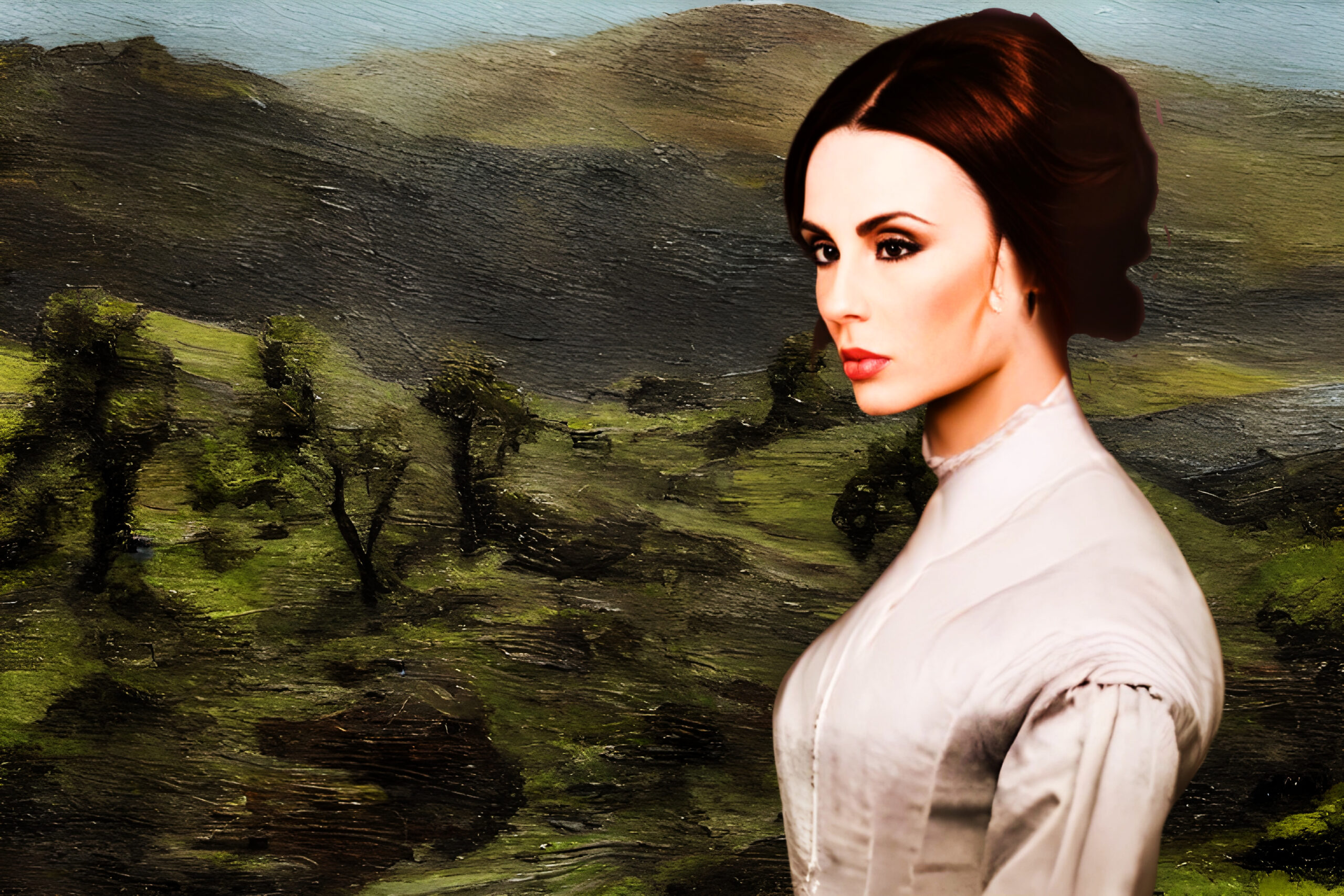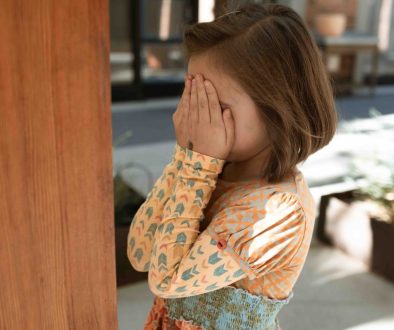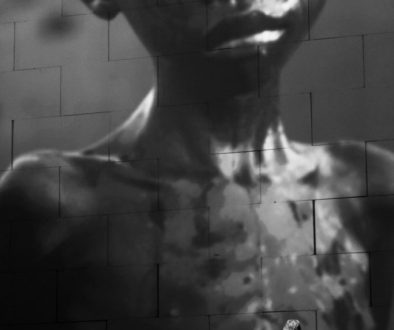Donna Levin: The Madwoman in the Attic, C’est Moi.
Reader, I married him.
These were sad words when I read them last night, because it meant that I had only a few pages left of Jane Eyre.
I first read Jane Eyre about thirty years ago. Since then, I’ve seen at least half a dozen adaptations, from the Orson Welles film with Joan Fontaine to the Broadway musical, with James Barbour and Marla Schaffel. It’s also a perennial PBS fave, but it was recently, when I saw a four-part miniseries produced by the BBC, starring Ruth Wilson (who is the perfect Jane: not Hollywood beautiful, but fascinating to watch) and Toby Stephens, that I decided to reread the book. I realized that I’d forgotten what was in the original book and what various adaptations had added, omitted, or changed. There has yet to be, thank G-d, a Jane Eyre and Zombies – but was there really a Romani woman who came to Thornfield to tell fortunes?
I’ve been a reader since I could read, always favoring the novel. Once I got past Dick and Jane, I read the Donna Parker books (she’s white! she lives in a small town!), then the Cherry Ames nursing series (she’s white! she’s from a small town!). Meanwhile, I eschewed Nancy Drew, because I always preferred brunette heroines.
Then, at thirteen, I discovered 1984 and Gone with the Wind. 1984 is more relevant than ever, while Gone with the Wind has been more or less canceled, due to its profoundly racist Weltanschauung. And there are no trans characters – quel horreur! Unless there’s something about Uncle Peter that I’m missing. (If you know who Uncle Peter is, you’re BUSTED.)
Whether I was enjoying a book or not, I was obsessive about finishing it. Until.
These days, I read on my iPhone. I love the Kindle app. Never again will I be stranded at the airport facing a display of Stephen King and James Patterson.
But there’s always fine print on a deal with the devil, isn’t there? The moment the book I’m reading becomes dull or challenging, well, flick-flick, and I’m on the news. The news sucks, but it’s not dull, only challenging.
ADVERTISEMENT
The popular Weird-Western, historical-fantasy/science fiction podcast, The Strange and Astounding Memoirs of Watt O’Hugh, starring Sal Rendino, returns for a full season, with eight new episodes!
Available on Spotify, Amazon, Apple Podcasts and wherever you get your podcasts
Jane Eyre is never dull. You’re probably familiar with the story in adequate outline, and if not, you clicked out of this piece already, maybe to check out one of the HuffPo’s articles on “Fast and Affordable Meals to Make for Your Family.” Nevertheless, Jane Eyre is an orphan who finds her way first into a Dickensian boarding school, and then into the mansion of one Mr. Rochester, who wants to marry her, but … who is making that eerie sound late at night, and who set fire to Mr. Rochester’s bed curtains in the middle of the night? If it was Grace Poole, the servant who keeps herself to the third floor, why does Mr. Rochester not fire her?
Jane and Rochester find True Love, but Rochester can’t marry Jane, because the laughter comes from his wife, Bertha, who is a “lunatic,” as they dub her. (For years, I wondered why Rochester can’t divorce her – wasn’t insanity grounds for divorce even if “he gets on my nerves when he chews gum” as is a reason today, not? But a bissel googling has revealed that no, it was not grounds.)
I did no flicking away from Jane Eyre. It really is a tale of passion, and choices, and true love, and I got lost in it. Jane is a more complex character than I remembered. She’s kind of a brat to her aunt Reed, the aunt-by-marriage who doesn’t want to be burdened with raising her, and who sends her to the boarding school from hell, Lowood. (“Low-ood” – get it?) And she’s much nicer to Adele, Rochester’s ward, who probably isn’t his daughter, than I remembered: Jane does say, late in the book, that “a good English education removed the defects of her French character” (throughout, Jane, and one assumes Brontë’ is pretty down on all things French), but she also rescues her from a harsh boarding school, and in the end we’re given to believe that they have a good mommy-daughter bond.
Most of the adaptations skim over the final section of the novel, after Jane runs away from Rochester’s sinful marriage proposal, and it’s one of the more interesting parts of the novel. In one of those “willing suspension of disbelief” coincidences that require putting disbelief into a medically induced coma, Jane faints on the doorstep of the Rivers family, two sisters and their brother, who turn out to be Jane’s first cousins. Small island, indeed.
Brontë’s portrayal of the brother, St. John (whose name is pronounced “Sinjin” – you tell me why) was one of the anti-Christian elements that some contemporary reviewers objected to, but I thought that Brontë had it nailed: the way anyone who takes a doctrine to extremes becomes, well, controlling and rigid. And St. John is a good guy, too: He’s the one who rescues her when she’s nearly dead from hunger on the moor.
ADVERTISEMENT
The popular Weird-Western, historical-fantasy/science fiction podcast, The Strange and Astounding Memoirs of Watt O’Hugh, starring Sal Rendino, returns for a full season, with eight new episodes!
Available on Spotify, Amazon, Apple Podcasts and wherever you get your podcasts
On this second read, I did think more about poor Bertha, Rochester’s wife, who he keeps locked up on the third floor of his manor house. Of course, she sets fire to Rochester’s bed – who wouldn’t? Although even Jane says, “she can’t help being mad,” since she’s the daughter of a Creole, born in Jamaica, modern eyes can’t avoid the issues of racism and imperialism. She’s represented as not even entirely human.
Brontë’s depiction of Bertha gave rise to two later works, neither of which I’ve read, but will now pretend I have: Dominican-British author Jean Rhys’s Wide Sargasso Sea, a prequel to Jane, told from the point of view of Bertha, and Sandra Gilbert and Susan Guber’s The Madwoman in the Attic, which looks at the portrayal of women by Brontë and her contemporaries.
Since I spent most of my time on the third floor of my San Francisco house, thinking about writing and occasionally writing, my Instagram handle is madwomanintheattic_101.
I’d ask you to follow me there, but I rarely post.
^^^
Donna Levin is the author of four novels, many of which feature characters on the autism spectrum, and all of which are available from Chickadee Prince Books. Her most recent novel, He Could Be Another Bill Gates, is available on Amazon, Barnes and Noble, or at the bookstore right across the street from your home. Please take a look.



